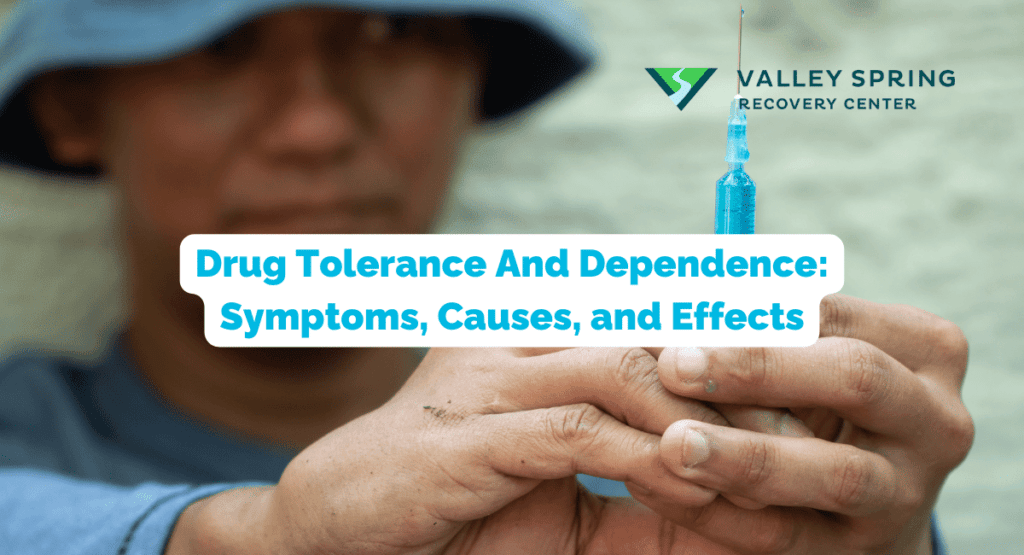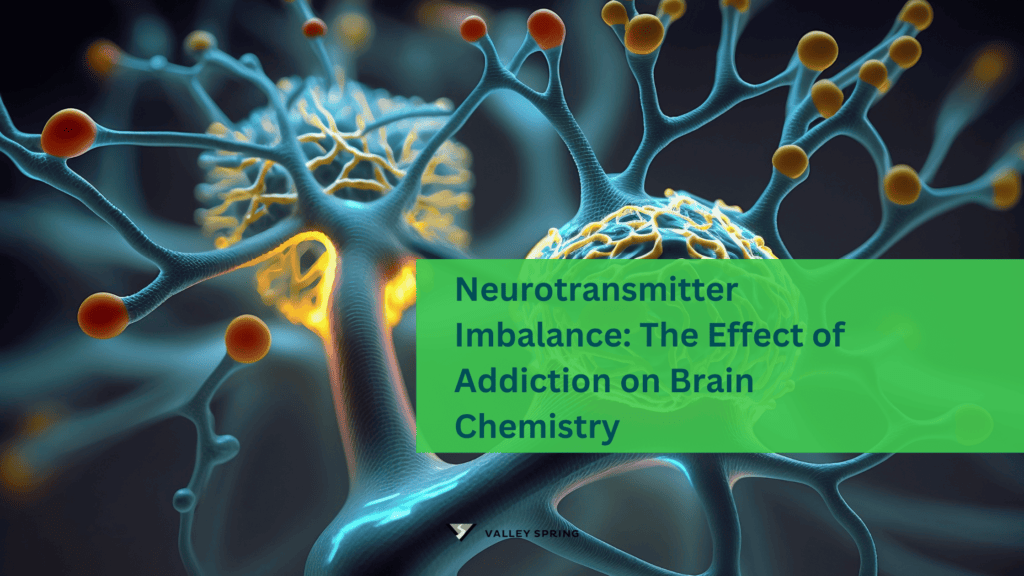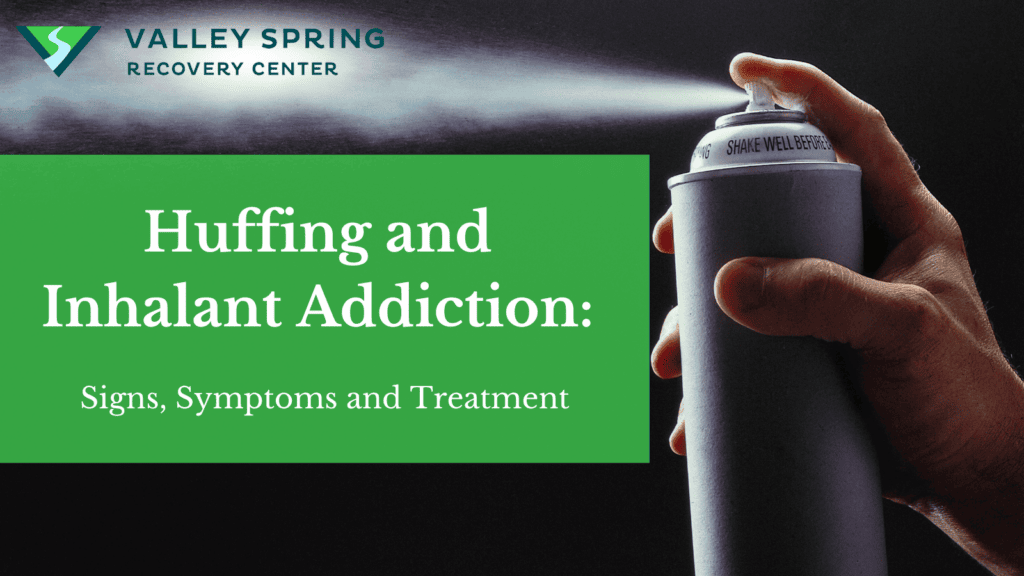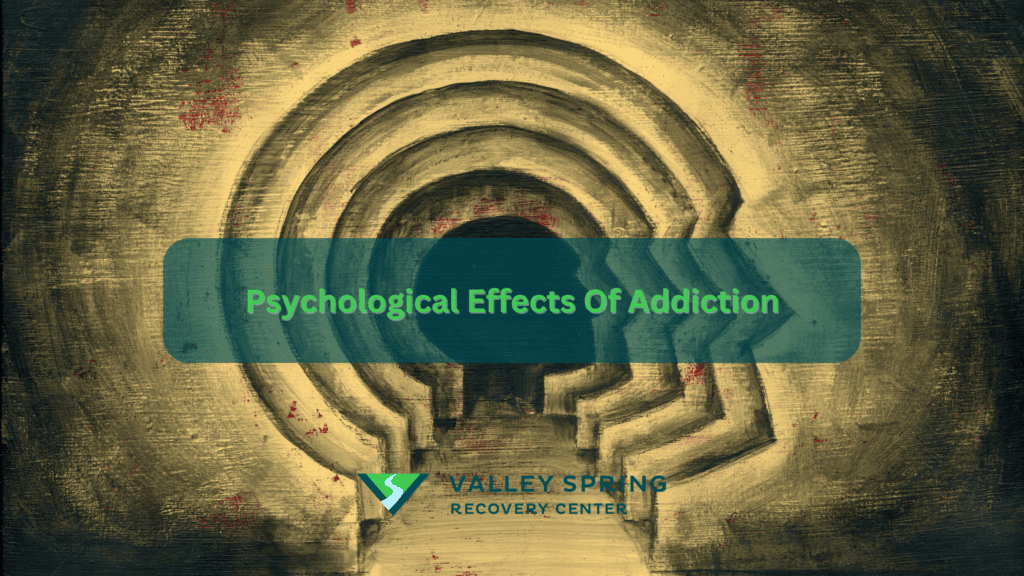Drug tolerance and dependence are critical aspects of addiction that have significant implications for individuals struggling with substance abuse. Drug tolerance refers to the diminished response to a drug over time, necessitating higher doses to achieve the same effect. Dependence, on the other hand, is a physiological and psychological reliance on a substance, often accompanied by withdrawal symptoms upon cessation.
According to the National Institute on Drug Abuse (NIDA), approximately 10% of individuals who use drugs will develop a substance use disorder, which frequently involves both tolerance and dependence. This statistic underscores the critical need for understanding the underlying mechanisms of these conditions to better address and treat them.
What is Drug Dependence?
Drug dependence is a state wherein an individual relies on a drug to function normally and experiences withdrawal symptoms upon discontinuation or significant reduction in drug use which represents a critical stage in the cycle of drug addiction, characterized by the body’s adaptive responses to repeated drug exposure. This adaptation can significantly impact an individual’s behavior and well-being, compelling them to use increasing amounts of the drug more frequently to achieve the same effects. It encompasses compulsive substance use despite adverse consequences and can be both physical and psychological. Physical dependence is evident through withdrawal symptoms when drug use ceases abruptly, while psychological dependence involves intense cravings and preoccupation with obtaining and using the drug.
The onset of drug dependence can vary. It may occur within minutes as acute tolerance or over longer periods, manifesting as either rapid or chronic tolerance due to repeated or prolonged exposure. Pietrzykowski and Treistman’s 2008 study describes tolerance as a physiological mechanism that stabilizes the body despite a constantly changing environment, notably observed in cases of alcohol tolerance. The changes induced by tolerance can affect various biological processes at the molecular, cellular, or behavioral levels and are often interconnected, making them challenging to isolate.
What Is The Difference Between Drug Tolerance and Dependence?
Drug tolerance refers to the diminished response to a drug over time, which necessitates larger doses to achieve the desired effect. The body becomes accustomed to the drug’s presence, leading to reduced sensitivity. This phenomenon often results from the body’s adaptive mechanisms that counteract the drug’s influence. Tolerance can develop to various drug effects, such as analgesia, sedation, or euphoria. Individuals who develop drug tolerance may increase their dosage, heightening the risk of adverse effects or overdose. While tolerance and dependence both involve a diminished response to a drug over time, “dependence” is a more appropriate term in the context of substance use disorders. This distinction is crucial, as tolerance is commonly observed with prescription medications outside of substance abuse contexts, as explained by Doctor Michael Olla and further described by Lynch, S. S. (2022) in Tolerance and Resistance to Drugs, Merck Manual Consumer Guide.

What are the Causes of Drug Dependence?
The main cause of drug dependence is prolonged use or abuse of drugs. However, this can vary depending on the specific drug, individual factors, and environmental influences. Here are some common factors that contribute to the development of drug tolerance and dependence
1. Pharmacological factors
Drug dependence can develop due to the body’s natural ability to adapt to the presence of a drug. When you take a drug repeatedly, your body may upregulate or downregulate certain receptors, enzymes, or neurotransmitters to counteract the drug’s effects. These adaptations can lead to diminished drug responsiveness and the need for higher doses to achieve the desired effect.
2. Genetic factors
Certain genetic variations can affect how an individual metabolizes drugs, the functioning of neurotransmitter systems, and the likelihood of developing addictive behaviors. Some people may inherit some of these traits. For example, genetic variations in opioid receptor genes like the mu-opioid receptor gene (OPRM1) has been linked to differences in opioid response and pain sensitivities. These genes are different in everyone.
3. Frequency and dosage of drug use
The frequency and dosage of drug use are closely linked to the development of tolerance and dependence. Regular and sustained drug use can lead to more rapid tolerance development, while higher drug dosages can accelerate the process.
5. Neuroadaptive changes in the brain
Prolonged drug use can induce neuroadaptive changes in the brain, altering the functioning of neurotransmitter systems involved in reward, motivation, and self-control. These changes contribute to the development of drug dependence and the emergence of withdrawal symptoms when drug use is reduced or discontinued.
6. Co-occurring mental health disorders
Individuals with underlying mental health disorders, such as depression, anxiety, or trauma-related disorders, are at a higher risk of developing drug tolerance and dependence. Drug use may initially serve as a form of self-medication, but over time, as the body and brain begin to adapt to the effects of these drugs, more doses of the drugs would be required to quell the effects of the disorders, leading to an exacerbation of the symptoms and eventually, active drug addiction.
Drug tolerance and dependence can vary among individuals and drugs. Some drugs, such as opioids and benzodiazepines, are notorious for their rapid development of tolerance and dependence, while others may take longer to produce these effects. Additionally, the interplay of genetic, environmental, and individual factors makes the development of tolerance and dependence a complex process.
What are the Symptoms of Dependence?
The symptoms of drug dependence encompass physical, mental, and emotional health issues. These symptoms can be found in people who have entered the next stage of drug addiction — active drug addiction — but don’t necessarily result in addiction. The symptoms of dependence can include:
- Increased drug dosage
- Diminished drug effects
- Withdrawal symptoms (e.g., anxiety, irritability, restlessness, muscle aches, nausea)
- Cravings and preoccupation with the drug
- Loss of control over drug use
- Psychological dependence
- Compulsive drug-seeking behavior
- Social withdrawal and isolation
- Neglect of responsibilities (e.g., work, education)
- Relationship difficulties
- Interference with daily functioning
- Cross-tolerance to related drugs (reduced responsiveness to drugs within the same class)
If you or a loved one is experiencing these symptoms, consider visiting a therapist, as attempting to discontinue the drugs on your own may be ineffective and could result in further problems.
What are the Effects of Drug Dependence?

The effects of drug tolerance and dependence can be far-reaching and have significant impacts on various aspects of an individual’s life. While these effects may not be present in everyone, they’re generally what you can expect from someone who has become tolerant or dependent on a drug:
1. Increased health risks
Dependence on certain substances, such as opioids or sedatives, can have particularly dangerous consequences for respiratory function and overall physical health. Some health challenges associated with drug dependence and tolerance are:
- Respiratory problems
- Cardiovascular complications
- Liver damage
- Kidney damage
- Infectious diseases (e.g., HIV, hepatitis)
- Cognitive impairments
- Psychological disorders (e.g., depression, anxiety)
- Impaired immune system function
- Nutritional deficiencies
- Reduced quality of life and overall well-being
2. Impaired cognitive and psychological functioning
Drug dependence impairs cognitive abilities, memory, and decision-making skills. It’s important to note that the specific cognitive and psychological effects can vary depending on the type of drug, dosage, duration of use, and individual factors. These include:
- Memory problems
- Difficulties with attention and concentration
- Impaired decision-making and problem-solving abilities
- Reduced cognitive flexibility and adaptability
- Slowed information processing speed
- Impaired judgment and reasoning skills
- Decreased ability to learn and retain new information
- Poor executive functioning (e.g., planning, organizing, self-control)
- Increased risk of developing mental health disorders, such as depression, anxiety, and psychosis
- Mood swings and emotional instability
- Irritability, agitation, and restlessness
- Heightened impulsivity and risk-taking behavior
- Paranoia and suspiciousness
- Decreased motivation and apathy
- Emotional numbness or blunting
- Poor self-esteem and self-worth
- Social withdrawal and isolation
Some of these impairments may persist even after drug use has ceased, requiring ongoing treatment and support to address and manage these challenges.
3. Financial strain
Because dependence requires continuous use and increases in drug dosage, drug abusers may need to spend more money acquiring these drugs as it gradually becomes a lifestyle. This can place a significant financial burden on individuals and their families and lead to financial instability, debt, and the neglect of other financial responsibilities.
4. Legal and social consequences
Drug dependence can lead to legal problems, including arrests, fines, and imprisonment. Social consequences may include strained relationships, isolation, and a loss of trust from family and friends. The stigma associated with excessive, compulsive drug use can further exacerbate social challenges and hinder reintegration into society.
5. Decline in academic or occupational performance
Drug dependence can interfere with an individual’s ability to perform well academically or occupationally. Absenteeism, decreased productivity, and impaired job or educational performance can lead to a loss of opportunities, job loss, or academic failure.
6. Neglect of self-care
Individuals struggling with drug dependence will begin to prioritize drug use over their physical and emotional well-being. They’ll save and spend more money on drugs while neglecting other aspects of their life. This can include poor nutrition, lack of exercise, inadequate sleep, and disregard for personal hygiene. Neglecting self-care can contribute to further physical and mental health complications.
7. Increased risk of co-occurring disorders
Drug dependence is often associated with co-occurring mental health disorders. The relationship between substance abuse and mental health is complex, as drug use can exacerbate pre-existing mental health conditions or contribute to the development of new ones.
8. Risk of addiction, overdose, and death
Individuals who have become tolerant or dependent on drugs will usually consume unhealthy amounts of drugs to achieve the effects of the drugs when their bodies and brains become less affected by it. This can result in active drug addiction, overdose, and death. Some of the most common drugs leading to overdose and death are cocaine, methadone, opioids, and psychostimulants.
Seeking professional help and support, such as addiction treatment programs and counseling services, can be crucial in addressing these effects and facilitating recovery. It is crucial to seek help early, as soon as you notice signs of tolerance, as tolerance and dependence can be difficult to treat in severe cases.
How Does Drug Tolerance and Dependence Affect the Brain?
When a person develops drug tolerance, their brain undergoes specific adaptations to counteract the effects of the drug. These adaptations include changes in brain chemistry, neural circuitry, and receptor sensitivity.
The brain’s response to substance use disorder involves various mechanisms. For instance, the brain may produce fewer neurotransmitters in response to the drug, reduce the number of receptors available for binding, or desensitize the existing receptors. As a result, the drug’s effects become diminished, and higher doses are needed to achieve the desired response.
In the case of drug dependence, the brain experiences profound changes that contribute to the development and maintenance of addictive behaviors. These behavioral manifestations of drug dependence are closely tied to alterations in the brain’s reward system, which involves neurotransmitters like dopamine.
Repeated drug use can hijack the brain’s reward circuitry, resulting in persistent activation of reward pathways and desensitization to natural rewards. This dysregulation of the reward system plays a significant role in the craving and seeking of drugs observed in individuals with drug dependence.
Furthermore, drug dependence can lead to structural changes in the brain. Prolonged drug use can affect gray matter volume, alter stress response systems, and impact various brain regions involved in cognition, emotion, and decision-making.
Can Drug Tolerance and Dependence Affect Mental Health?
Yes, drug tolerance and dependence can significantly affect mental health. Tolerance, where individuals require higher drug doses, often leads to increased consumption, triggering or worsening mental health symptoms like anxiety, depression, and mood swings.
What is the Difference Between Drug Dependence and Active Drug Addiction?
Drug dependence is a condition in which an individual experiences withdrawal symptoms and/or exhibits compulsive drug-seeking behavior due to physiological and psychological adaptations to drug use. Dependence can be both physical and psychological, and it often develops alongside drug tolerance.
It’s important to differentiate between drug addiction and dependence, as reflected in the DSM-5’s updated terminology, which provides a nuanced understanding of addiction. This distinction is crucial because misalignment, such as that noted with the ICD codes (Volkow, 2006), can lead to inappropriate treatment strategies, potentially increasing the risk of overdose deaths and suicidal behaviors among patients who are misdiagnosed or when necessary medications are withheld.
Active drug addiction is a complex disorder characterized by compulsive drug use despite negative consequences. Drug addiction happens as a result of tolerance and dependence. It is a pattern of continued drug-seeking behavior, loss of control over drug use, and a preoccupation with obtaining and using drugs. Addiction encompasses physical dependence, but it also includes psychological and behavioral components.
An example is someone who becomes addicted to opioids after misusing prescription pain medication. They may engage in drug-seeking behaviors, such as doctor shopping, obtaining drugs from multiple sources, or resorting to illegal means to acquire opioids. Despite experiencing negative consequences in their personal relationships or careers, they continue to prioritize drug use over other aspects of their life. In this case, they are actively struggling with drug addiction.
Note that drug tolerance and dependence can precede or coexist with addiction, but not everyone who develops drug tolerance or dependence will necessarily develop an addiction, however, drug addiction cannot happen unless the individual has become dependent on the drug.
What Are The Treatment Options for People Dependence on Substance Use?

For individuals in the drug tolerance and dependence stage, the specific treatment approach can vary depending on factors such as the type of drug involved, the severity of dependence, and individual needs. Usually, drug tolerance and dependence is associated with severe withdrawal symptoms that require medical care and tapering. Treatment can include:
- Detoxification: Detoxification, or detox, is often the first step in treating drug tolerance and dependence. It involves the process of clearing the body of the drug while managing withdrawal symptoms. Medical supervision is crucial during detox, particularly for substances that can cause severe withdrawal symptoms, such as opioids or benzodiazepines.
- Medication-Assisted Treatment (MAT): MAT involves the use of medications, in combination with counseling and behavioral therapies, to manage drug dependence. Medications commonly used in medication-assisted treatments include methadone, buprenorphine, and naltrexone for opioid addiction and medications like disulfiram or acamprosate for alcohol addiction.
- Behavioral Therapies: Behavioral therapies aim to modify unhealthy behaviors, develop coping mechanisms, and promote abstinence. Different therapeutic approaches may be employed, such as cognitive-behavioral therapy (CBT), motivational interviewing, contingency management, and family therapy. These therapies help individuals understand the underlying factors contributing to their drug use and develop skills to prevent relapse.
- Residential or Inpatient Treatment: Residential or inpatient treatment involves round-the-clock care in a structured environment, typically within a treatment facility. It provides a highly supportive and controlled setting for individuals to focus on their recovery, receive intensive therapy, participate in group activities, and learn relapse prevention strategies.
- Outpatient Treatment: Outpatient treatment allows individuals to receive treatment while living at home and attending scheduled therapy sessions and support groups. It offers flexibility for those who need to maintain work, school, or family commitments while receiving treatment.
- Support Groups: Support groups, such as 12-step programs like Alcoholics Anonymous (AA) and Narcotics Anonymous (NA), provide individuals with a supportive network of peers who have experienced similar challenges. These groups offer a platform to share experiences, gain support, and work through the recovery process together.
- Individual and Group Counseling: Individual counseling sessions with a therapist or counselor can help individuals explore the underlying causes of their drug dependence, develop coping skills, and address any co-occurring mental health issues. Group counseling provides a supportive environment where individuals can connect with others facing similar challenges and learn from their experiences.
A comprehensive assessment by healthcare professionals or addiction specialists can help determine the most appropriate treatment options based on the individual’s circumstances. Combining multiple treatment modalities often yields the best outcomes, and ongoing support and aftercare are crucial for maintaining long-term recovery.
What is the difference between drug tolerance and drug abuse?
Drug tolerance and drug abuse are related but distinct concepts in the context of substance use and addiction.
Drug tolerance refers to the physiological adaptation that occurs when the body becomes less responsive to a substance after repeated or prolonged exposure. In this state, higher doses of the drug are required to achieve the same effects that were initially produced at lower doses. Tolerance can develop with both prescription medications and illicit substances and does not necessarily indicate abuse or addiction. It’s a biological response that can happen even with appropriate medical use of certain medications.
Drug abuse refers to the pattern of using substances in a way that is harmful or risky, often with negative consequences for the individual’s health, relationships, work, or overall well-being. Abuse typically involves behaviors such as taking larger amounts of a drug than prescribed, using it for non-medical reasons, or using it in dangerous situations, like while driving. Drug abuse often leads to physical and psychological harm and has a higher likelihood of resulting in addiction.
While drug tolerance can be a component of drug abuse—especially when individuals take increasingly larger doses to achieve the desired effects—it is not synonymous with abuse. Tolerance can occur without abuse, and abuse can occur without the development of tolerance. Understanding the differences between these two terms is crucial for effective prevention and treatment strategies for substance use disorders.
How is drug tolerance different from experimentation?
Drug tolerance and experimentation are two distinct stages in the spectrum of substance use and potential addiction. Drug experimentation refers to the initial phase where an individual tries a substance, often out of curiosity or peer influence. At this phase of addiction, the effects of the drug are typically more pronounced because the individual has not yet developed any physiological adaptations to it. Tolerance, on the other hand, is a later stage that may occur after repeated and prolonged use of a substance. In this phase, the body becomes less responsive to the drug, requiring higher doses to achieve the same effects as before. While experimentation may be a one-time or infrequent activity with no physical dependence, tolerance indicates a physiological adaptation that often requires increasing amounts of the substance to produce the desired effect. Thus, experimentation can be seen as an introductory stage of substance use, whereas tolerance suggests a more advanced level of engagement, often associated with regular or heavy use.
Is it Possible to Recover From Drug Dependence?
It is possible to recover from drug tolerance and dependence if the drug-dependent individual engages in effective treatment protocols and goes to a drug rehab center that provides withdrawal management. Recovery involves various approaches, including medical interventions, therapy, support groups, and lifestyle changes. It’s important to note that recovery is a highly individualized process, and success rates can vary depending on factors such as the severity of tolerance and dependence, treatment adherence, and the presence of co-occurring disorders.
Seeking professional help from healthcare providers and addiction specialists is crucial. However, early intervention is more important, as a study published in the Journal of Addiction in 2018 found that individuals with higher levels of drug tolerance and dependence were less likely to achieve successful recovery outcomes, highlighting the challenges posed by these stages in addiction treatment.
Dr. Michael Olla
All author postsShare This Post










